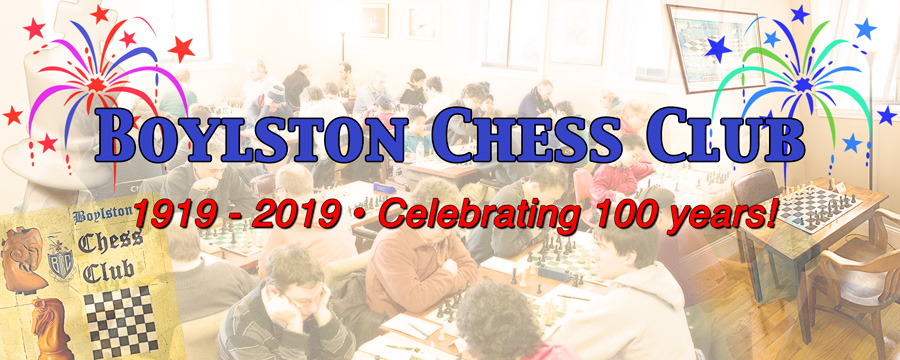 No other champion has been the subject of more heated debate, or been more mythologized than Bobby Fischer. But despite this never-ending interest in him and his games, until now scant information has been available about who he really was as a person. That is about to change, with the publication of Endgame, Bobby Fischer’s Remarkable Rise and Fall, by author Frank Brady.
No other champion has been the subject of more heated debate, or been more mythologized than Bobby Fischer. But despite this never-ending interest in him and his games, until now scant information has been available about who he really was as a person. That is about to change, with the publication of Endgame, Bobby Fischer’s Remarkable Rise and Fall, by author Frank Brady.
It is certainly thrilling to relive Bobby’s formative years, the part of the story many chess players are already familiar with. Brady does a fine job of retelling Bobby’s early life and fight for the World Championship. He also manages to include new details, such as the fact that Bobby was secretly visited by his mother Regina during the 1972 championship match against Boris Spassky in Reykjavik.
The real value in this book, however, comes from Brady’s reporting on the later stages of Bobby’s life. Starting with the appropriately-named chapter “TheWilderness Years” Brady guides us through the decades, from a small, barren apartment in Pasadena, to war-torn Sveti Stefan, to tense border crossings in Eastern Europe, to the inside of a Japanese holding cell, and finally to his ultimate resting place in rural Iceland.
Brady’s research is impressive, and from countless interviews, anecdotes, and never-before-seen documents the outline of a person’s life begins to emerge. Like everyone, Bobby was complicated and comprised of many personalities. He could be charming, but was also consumed with hate and vitriol. He was generous, but also self-centered. He made many friends, but eventually turned on most of them. He had an unending passion for chess, yet never played again seriously after winning the world title, save for a single return match against Spassky. He also infamously became militantly antisemitic, and espoused the worst kinds of hate speech.
Reading the details of Bobby’s Life is like studying a difficult chess problem. Why would someone who was seemingly so obsessed with personal wealth turn down virtually every offer – collectively worth as much as ten million dollars – after becoming World Champion? Was Fischer truly afraid of losing his title to Anatoly Karpov, leading him to abandon his title, or was he standing on principle? The answers to many of these questions have gone to the grave with the eleventh world champion. Brady’s contribution is that we now have more facts about his life than ever before, and some of these questions are coming into clearer focus.
Several misconceptions about Bobby’s life are also dispelled in Endgame. For example, despite numerous reports to the contrary, Bobby maintained a close relationship with his mother until the end of her life. Also, he was hardly the idiot-savant figure some have portrayed him as. In reality, he spent the final years of his life voraciously reading tomes on world history, philosophy, poetry, and many other subjects. He became a learned man, albeit in his own way.
Perhaps Bobby Fischer was like chess itself: you will find in him what you are looking for. Speaking for myself, I will choose to remember the thirteen-year-old Bobby Fischer who played blindfold games with father figure Jack Collins while meandering down Manhattan boulevards, and later spent endless hours quietly reading Nietzche in an Icelandic public library, and in his final days of illness woke briefly to ask a friend “why are you so kind to me?”
I strongly recommend you read Endgame for yourself, and see which Bobby Fischer you find.
If you would like more information about Endgame, listen to these audio clips by author Frank Brady. You can also read the first chapter online, and if you plan on being in New York in the coming weeks check out these book signing events.
-- Carey Theil

No comments:
Post a Comment